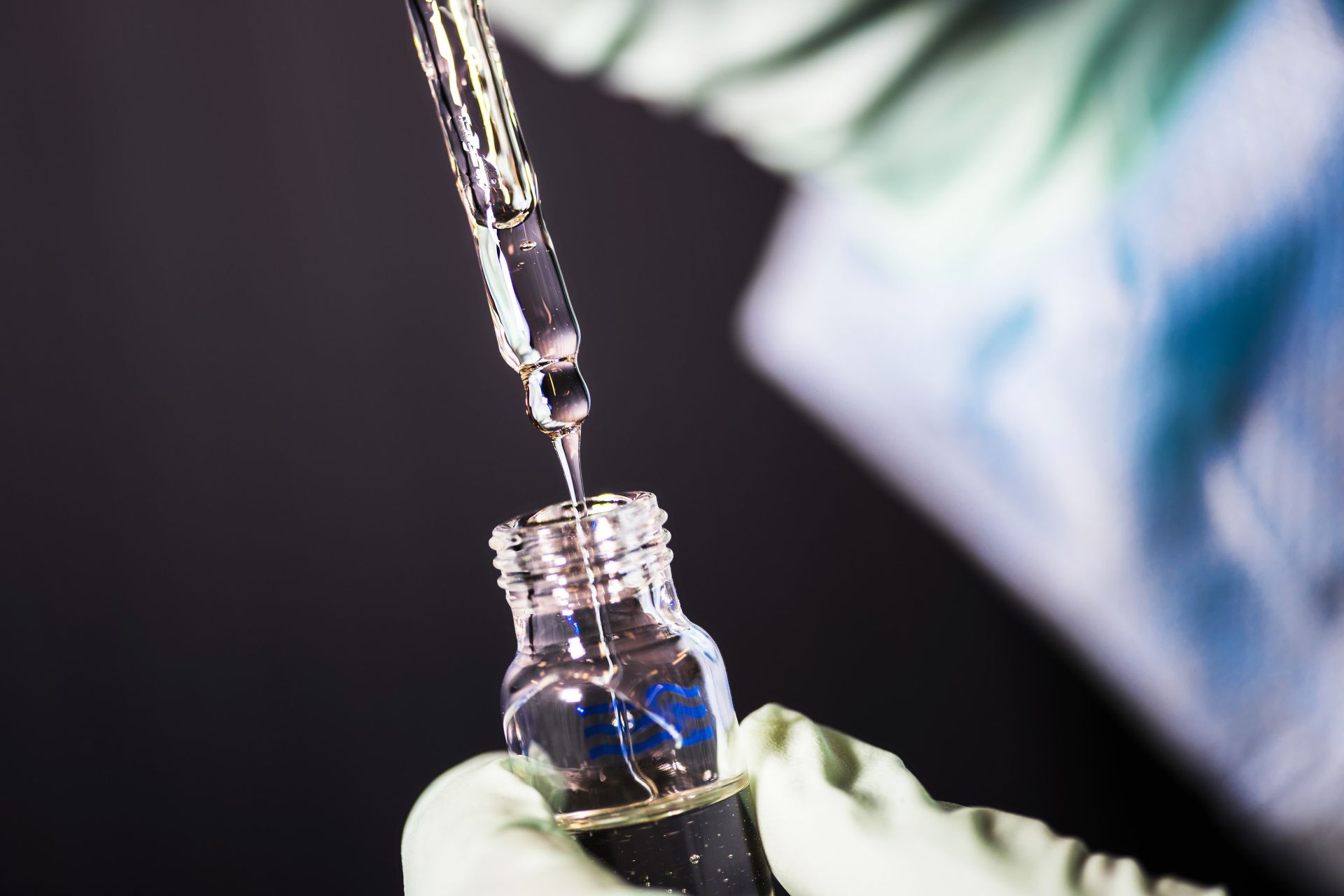GHK-Cu peptide is a naturally prevalent copper complex first identified in plasma, and is considered to be present in fluids such as saliva and urine. Copper peptides, small protein fragments, are believed to have a high affinity for copper ions, which are critical to normal body function. GHK-Cu peptide is thought to play essential roles, including wound healing, immune cell attraction, anti-inflammatory effects, stimulation of collagen and glycosaminoglycan synthesis in skin fibroblasts, and promotion of angiogenesis.
Speculations suggest that the peptide is secreted in response to tissue injury, aiding in protecting tissues from inflammatory damage and promoting tissue remodeling and regeneration post-injury. It is theorized to play a significant role in signaling tissue remodeling, specifically in removing damaged or scarred tissue. However there may be a reduction in its concentration, speculated to contribute to increased inflammation, cancerous activity, and tissue destruction.
Copper Peptides Peptide Mechanism of Action
GHK-Cu peptide may influence various pathways through its peptide sequence and copper. It is suggested to attract mast cells and macrophages to the injury site, releasing proteins that stimulate tissue repair. The peptide may primarily increase collagen, elastin, proteoglycans, glycosaminoglycans, and decorin in fibroblasts. It may stimulate metalloproteases and protease inhibitors to remove damaged tissue proteins and decrease the secretion of TGF-beta from fibroblasts, potentially reducing scar formation.
The speculated mechanism proposes that GHK-Cu peptide promotes collagen production by chondrocytes, leading to bone growth and formation. Additionally, it may provide copper for angiogenesis in tissues. The peptide is thought to improve the differentiation and proliferation of axons within neurons, block ferritin channels, and release oxidative iron after tissue injury, potentially blocking iron-catalyzed lipid peroxidation. Thus, copper-peptide-induced tissue repair is theorized to work for various tissues, including skin, hair follicles, stomach lining, intestinal lining, bone tissue, hooves, etc.
GHK-Cu Research Studies
Scientific work suggests that GHK-Cu peptide may affect various aspects, including infection control, wound healing, follicle growth restoration, anti-cancer cell proliferation, and neurological impact.
Wound Healing and Infection Control: Speculative findings propose that the peptide may cause better wound contraction, faster granular tissue development, and improved angiogenesis. Systemic exposure to the peptide might promote healing, and its introduction into the muscle could potentially help repair distant sites.
Anti-Inflammatory Response: Research suggests that GHK-Cu peptide might interact with TNF-alpha and pro-inflammatory cytokines, such as IL-6, in fibroblasts, leading to a significant reduction in inflammation. This may make the peptide suitable for systemic exposure in research on inflammatory skin cell conditions, such as psoriasis.
Follicle Growth Restoration: The peptide has been suggested to have efficacy comparable to other established research compounds in the restoration of follicle growth.
Cognitive Function: The peptide is speculated to promote cognitive function by increasing the migration of hematogenous cells into collagen tubes, producing nerve growth factors, increasing the expression of integrins, and enhancing the regeneration rate of myelinated nerve fibers. A gene expression study suggests that the peptide may induce changes in the expression of fundamental proteins, impacting various biochemical pathways in organs and tissues, including the nervous system.
Anti-Cancer: GHK-Cu has been suggested by researchers to be relevant in research studies of metastatic cancer. It is speculated that higher tissue copper levels may keep cells younger, and GHK-Cu may assist in mediating this effect.
Lungs: Research suggests that the peptide may protect the lungs from acute injury and fibrosis, mitigating damage due to reactive oxygen species (ROS) and inflammatory cytokines. Exposure to GHK-Cu peptide is theorized to reduce inflammatory cell infiltration and interstitial thickness in research models of pulmonary fibrosis, exhibiting potential in research areas of various lung diseases.
Disclaimer: The products mentioned are not intended for human or animal consumption. Research chemicals are intended solely for laboratory experimentation and/or in-vitro testing. Bodily introduction of any sort is strictly prohibited by law. All purchases are limited to licensed researchers and/or qualified professionals. All information shared in this article is for educational purposes only.






